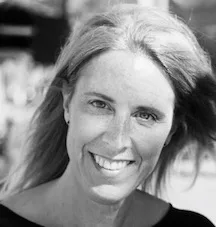Building a Durable HIBAR Infrastructure
Enabling a platform for HIBAR research projects designed for collaborative research, teaching and advocacy
October 2020
Dr. Fonna Forman, Director of the Center on Global Justice at the University of California San Diego, shared her experience in building a durable infrastructure for HIBAR projects, specifically focusing on developing the long-term partnerships that are essential for success.
Dr. Forman’s experience stems from work during the past decade to create the UCSD Community Stations, a network of field hubs located in disadvantaged neighborhoods on both sides of the San Diego-Tijuana border, designed for collaborative research, teaching and advocacy among university researchers, school districts, and community-based non-profit partners. She described how the community members and researchers have developed long-term relationships through which trust has built as a result of being a constant positive presence in each other’s lives. This established trust network has enabled a platform for HIBAR research projects focusing on key issues such as climate vulnerability, educational disparities, and health disparities. In addition to direct, tangible solutions to specific challenges, these projects have the potential to lead to policy changes that enact lasting positive change in the communities by building capacity for political and social advocacy.
The Center on Global Justice (CGJ) at UC San Diego was launched in 2012 to advance interdisciplinary research on poverty and global development, with an emphasis on collective action at community scale. The CGJ is home to initiatives focused on global ethics and cooperation (the conventional terrain of global justice), but the majority of the center’s initiatives localize the global, focusing on real-word intervention at local scale, in partnership with non-profits, government agencies, and civic stakeholders—top-down and bottom-up.
Key Takeaway Messages
Research teams need a support infrastructure to manage the complexity associated with addressing societal problems.
Read the key takeaway messages from all of our webinars here.

